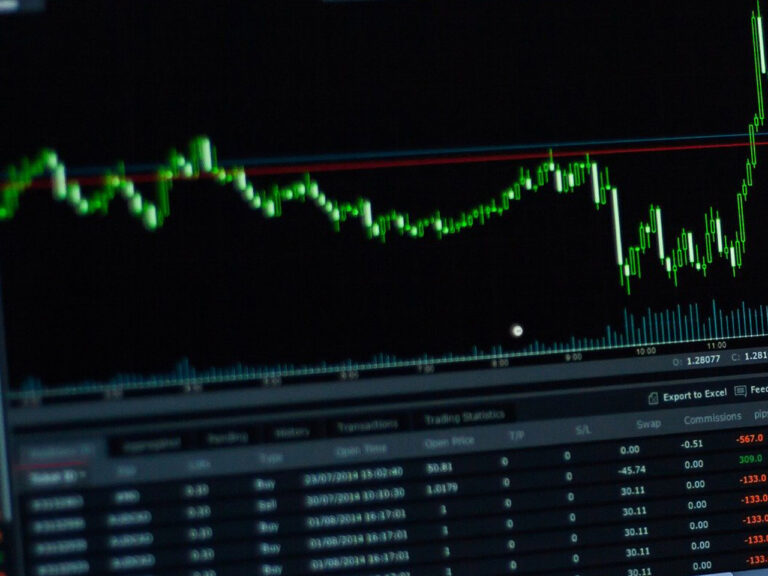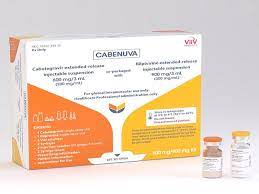Pfizer Inc. (NYSE: PFE) remains a prominent figure in the healthcare sector, boasting a market capitalization of $132.58 billion. The company is renowned for its extensive portfolio of biopharmaceutical products, including vaccines and medicines that address a wide array of therapeutic areas. As investors evaluate Pfizer’s stock performance, several key metrics and market conditions are worth a closer look.
Pfizer’s current stock price stands at $23.32, nestled within its 52-week range of $21.59 to $31.39. Notably, the stock exhibits a potential upside of 26.50% based on an average analyst target price of $29.50. This upside is particularly enticing for investors considering the healthcare giant’s strategic position in the industry. Despite a recent price change of just 0.28%, Pfizer’s long-term prospects may offer significant returns for patient investors.
Valuation metrics for Pfizer indicate some anomalies, with a Forward P/E ratio of 7.57, suggesting that the market may be undervaluing the company’s future earnings potential. However, traditional valuation measures like the trailing P/E and PEG ratios are currently unavailable, complicating a straightforward assessment of its valuation.
The company’s revenue growth has faced headwinds, experiencing a decline of 7.80%. This contraction reflects broader challenges within the pharmaceutical industry, including competitive pressures and the lingering impacts of the COVID-19 pandemic on global healthcare systems. Despite these hurdles, Pfizer’s free cash flow remains robust at $15.05 billion, signaling strong financial health and the ability to invest in future growth initiatives.
Pfizer’s dividend yield is a standout feature at 7.38%, appealing to income-focused investors. However, the payout ratio of 122.46% raises questions about the sustainability of such dividends in the long term. Investors should closely monitor Pfizer’s earnings performance and cash flow generation to ensure the company can maintain its attractive dividend yield.
Analyst sentiment towards Pfizer is mixed, with 9 buy ratings, 15 hold ratings, and 1 sell rating. This distribution reflects cautious optimism, as the company’s strengths in drug manufacturing and its strategic partnerships with industry leaders like BioNTech SE and Bristol-Myers Squibb Company position it well for future growth.
Technically, Pfizer’s stock is trading below both its 50-day and 200-day moving averages, at $23.62 and $26.40, respectively. The Relative Strength Index (RSI) of 36.19 indicates that the stock is approaching oversold territory, which could present a buying opportunity for investors looking to capitalize on potential price rebounds.
Pfizer’s comprehensive portfolio, including its contributions to COVID-19 prevention and treatment through Comirnaty and Paxlovid, underscores its pivotal role in global healthcare. The company continues to innovate across various therapeutic areas, from cardiovascular and infectious diseases to biosimilars and sterile injectables.
For investors considering Pfizer, the potential upside, coupled with its dividend yield, presents an intriguing opportunity. However, it is crucial to weigh these factors against the backdrop of declining revenue growth and a high payout ratio. As Pfizer navigates these challenges, its strategic partnerships and robust cash flow provide a strong foundation for future success. Investors should remain vigilant, keeping an eye on market trends and Pfizer’s operational performance to make informed investment decisions.









































